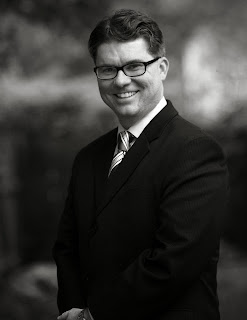Teaching Writing to Others: Using the Timed Writing Exercise in Groups

Writing Imperfectly While We Strive for Perfection Pam Jenoff -- in her article : The Self-Assessed Writer: Harnessing Fiction-Writing Process to Understand Ourselves as Legal Writers and Maximize Legal Writing Productivity, 10 JALWD (Fall 2013) -- admits that students have a hard time committing fully to the timed writing exercise I described in my last post. She explains: When I use Goldberg’s exercise with writing groups, I read a passage that explains the importance of such exercises in silencing our inner editors: "Our “monkey mind” says we can’t write, we’re no good, we’re failures, fools for even picking up a pen; we listen to it. We drift. We listen and get tossed away. Meanwhile, wild mind surrounds us—sink into the big sky and write from there, let everything run through us and grab as much as we can of it with a pen and paper. This is all about a loss of control." Janoff then asks her students to do the timed writing exercise. She may in















